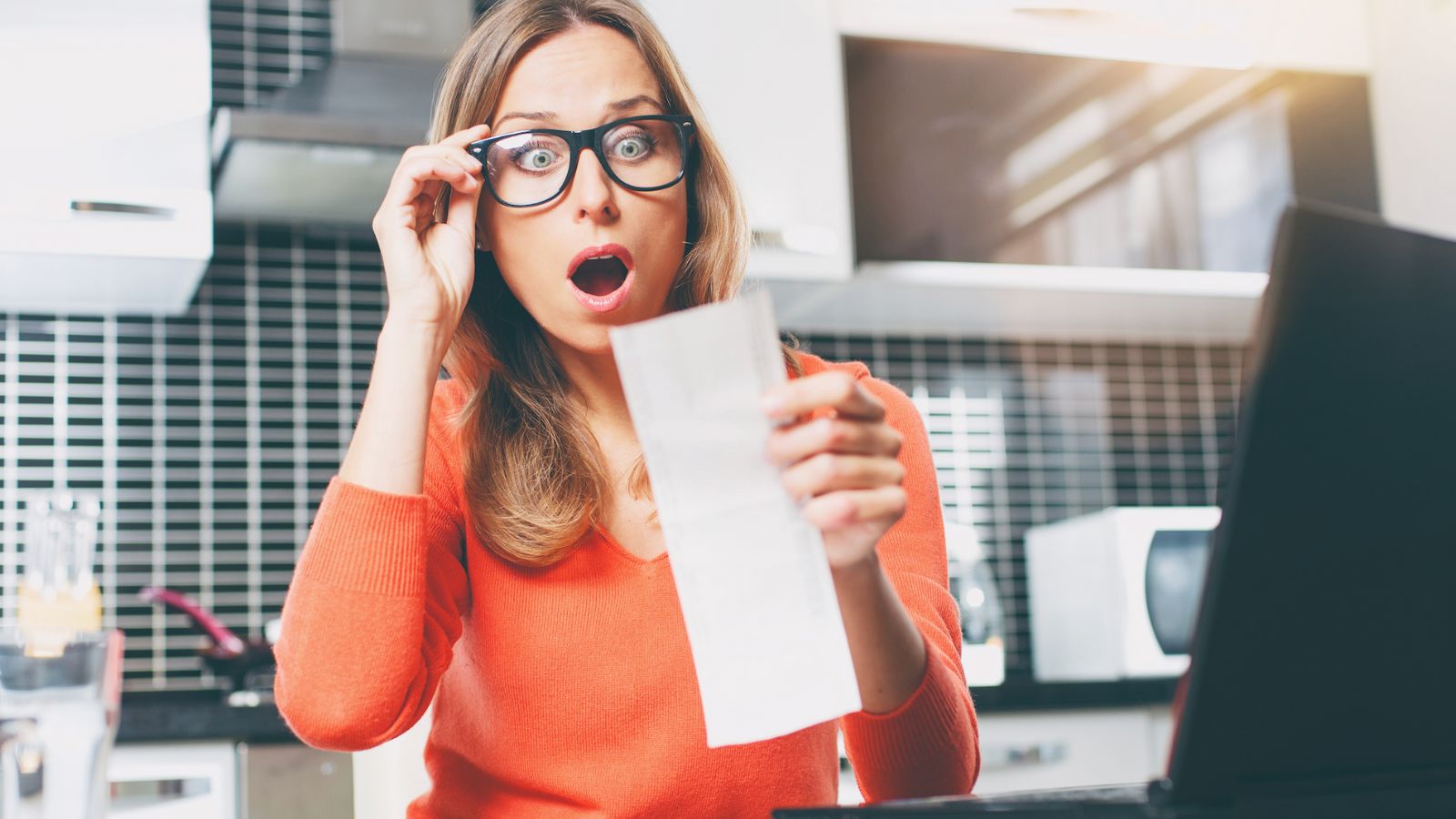You can make various changes in your home to lower your utility bills. Some can even reduce the energy consumption of a single appliance by up to 90%. We’ve compiled 18 tips for limiting your energy use and why they’re better for your pockets going forward.
Use Energy-Efficient Appliances
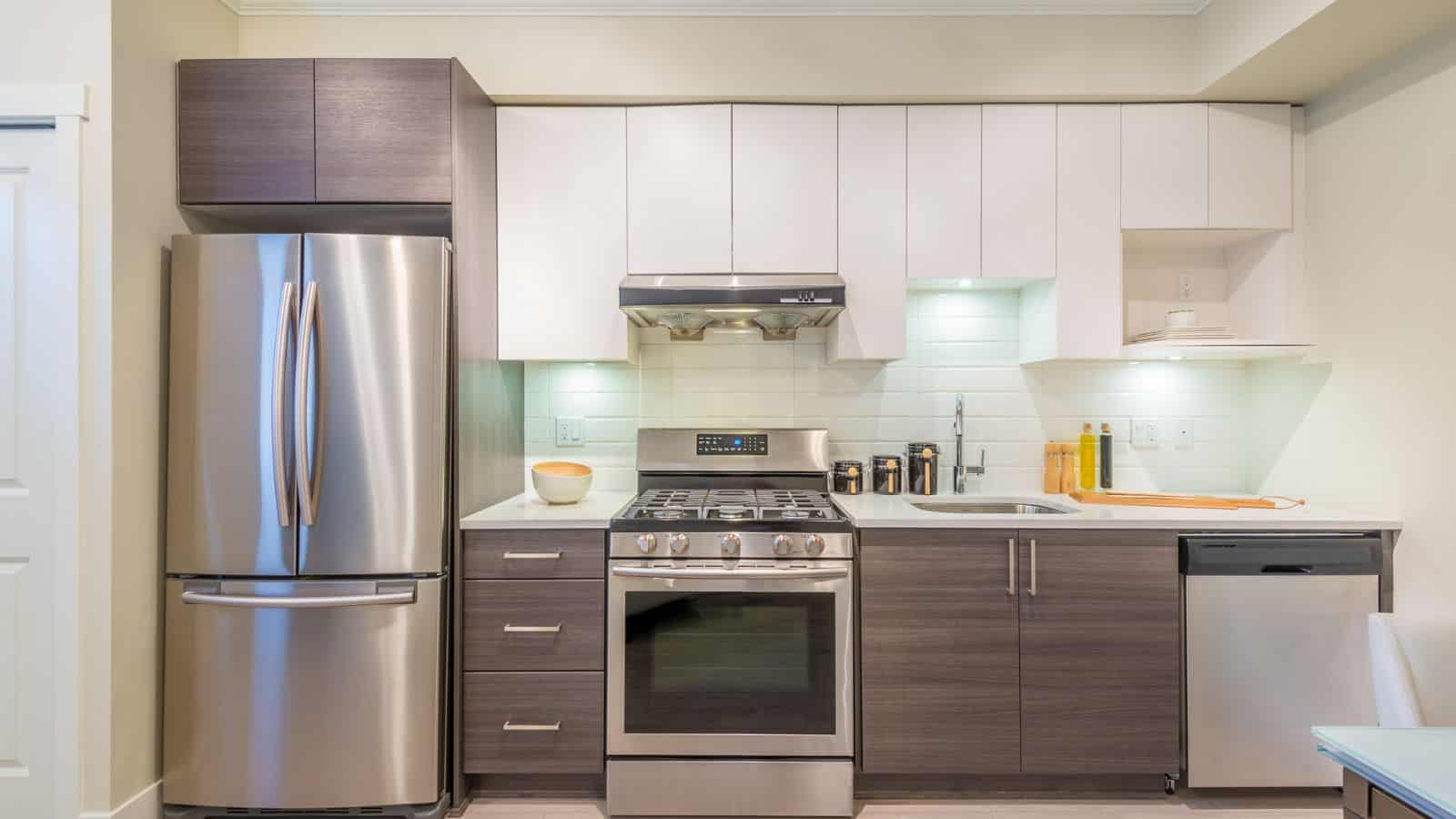
When you’re in the market for appliances, focus on items that are energy efficient. These appliances use up to 30% less energy than their standard counterparts. One easy way to know if something is efficient is to check if it’s Energy Star certified.
Install a Programmable Thermostat
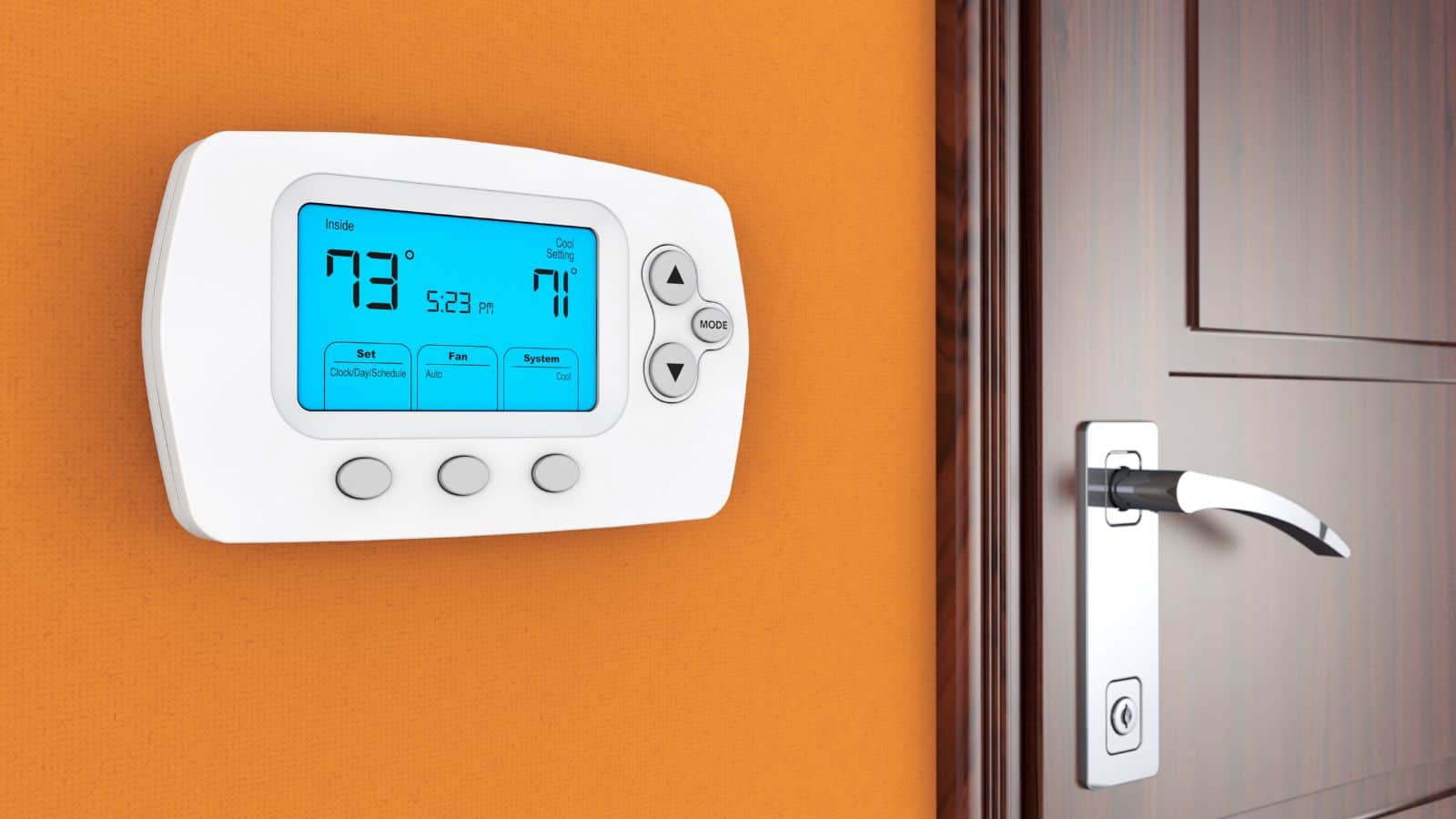
Get yourself a thermostat that automatically adjusts your temperature and can be set according to schedules. This is important because the EIA reports that more than half (52%) of energy usage in U.S. households is expended on either heating or air conditioning. Saving money in this area can reduce a huge chunk of your bills.
Seal Windows and Doors
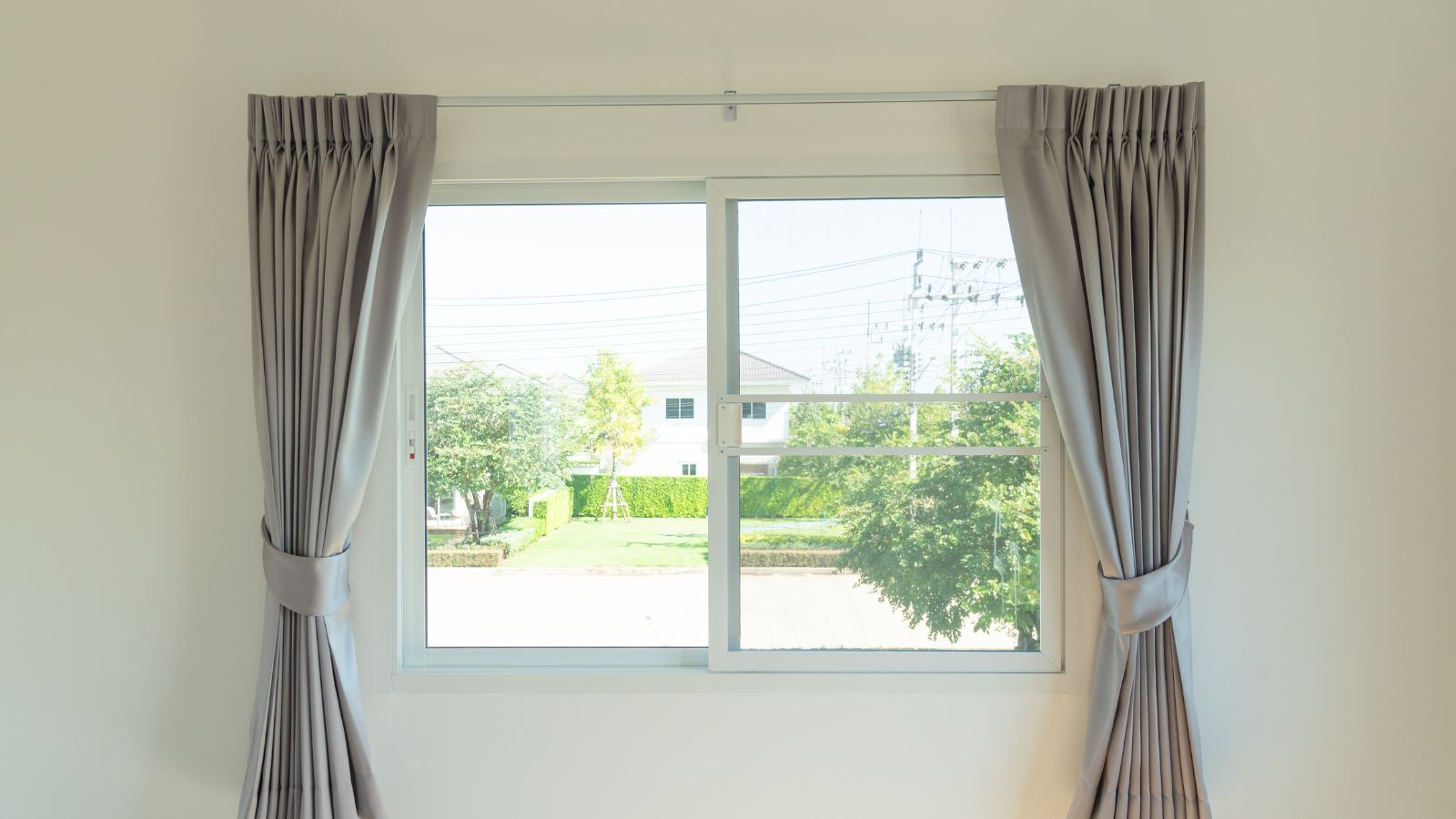
Even when you install automatic thermostats, allowing hot or cold air to escape through drafts will use more electricity than necessary. Properly sealing your windows and doors is important to prevent air leaks, improve efficiency, and remain comfortable.
Install Low-Flow Showerheads and Faucets
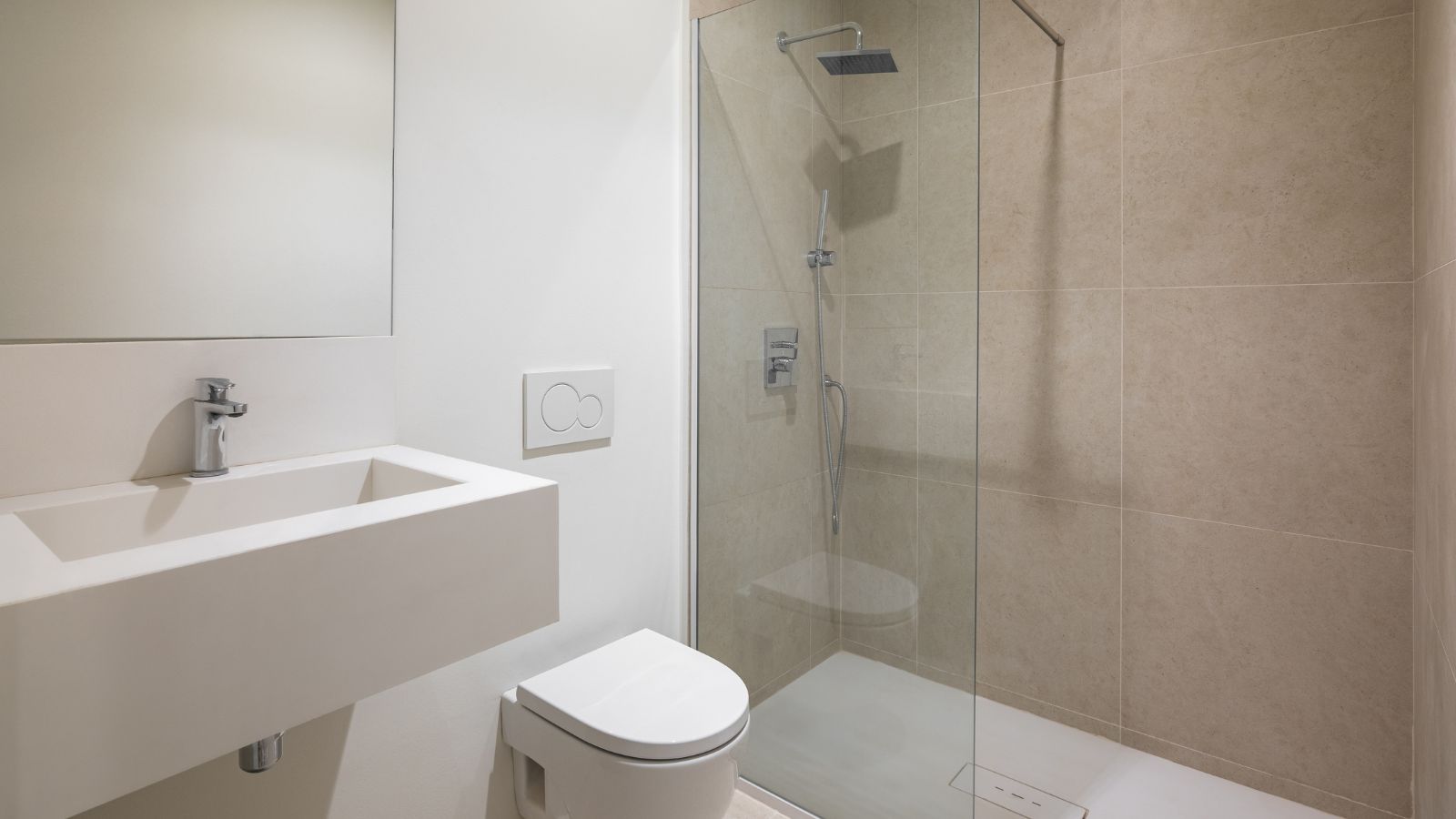
Believe us when we say that you don’t need the equivalent of a drum of water to have a good bath. Low-flow faucets and showerheads will reduce your water usage (and waste) without sacrificing performance, and they’re reported to potentially save you thousands of gallons per year.
Use a Tankless Water Heater
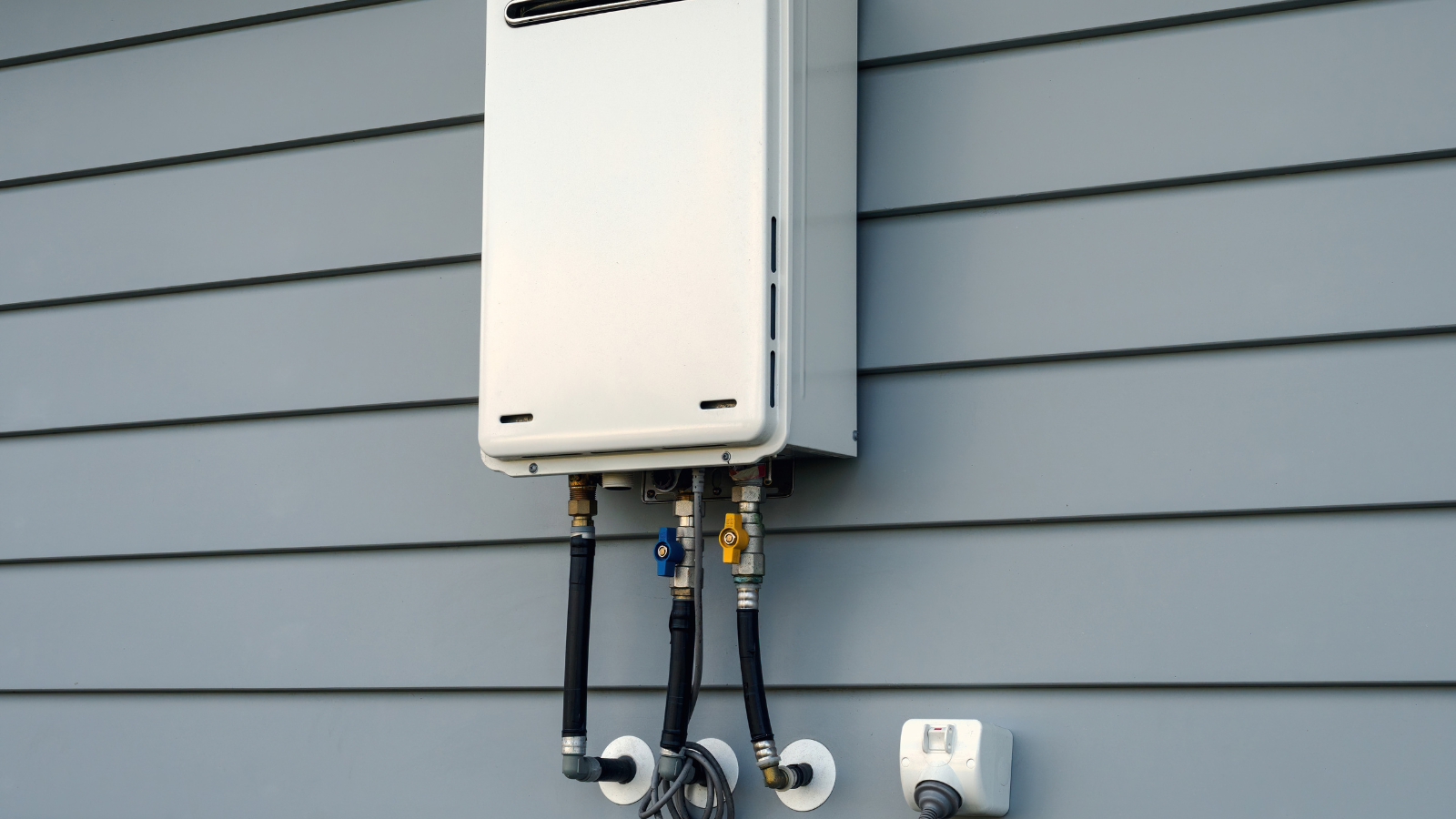
Tankless water heaters can help you achieve up to 80% better efficiency than standard hot water heaters. But how do they do this? Well, with them, you heat up water on-demand and avoid any standby energy loss. The only inconsistency you see is when you try to heat up multiple water outlets at the same time.
Insulate Your Home
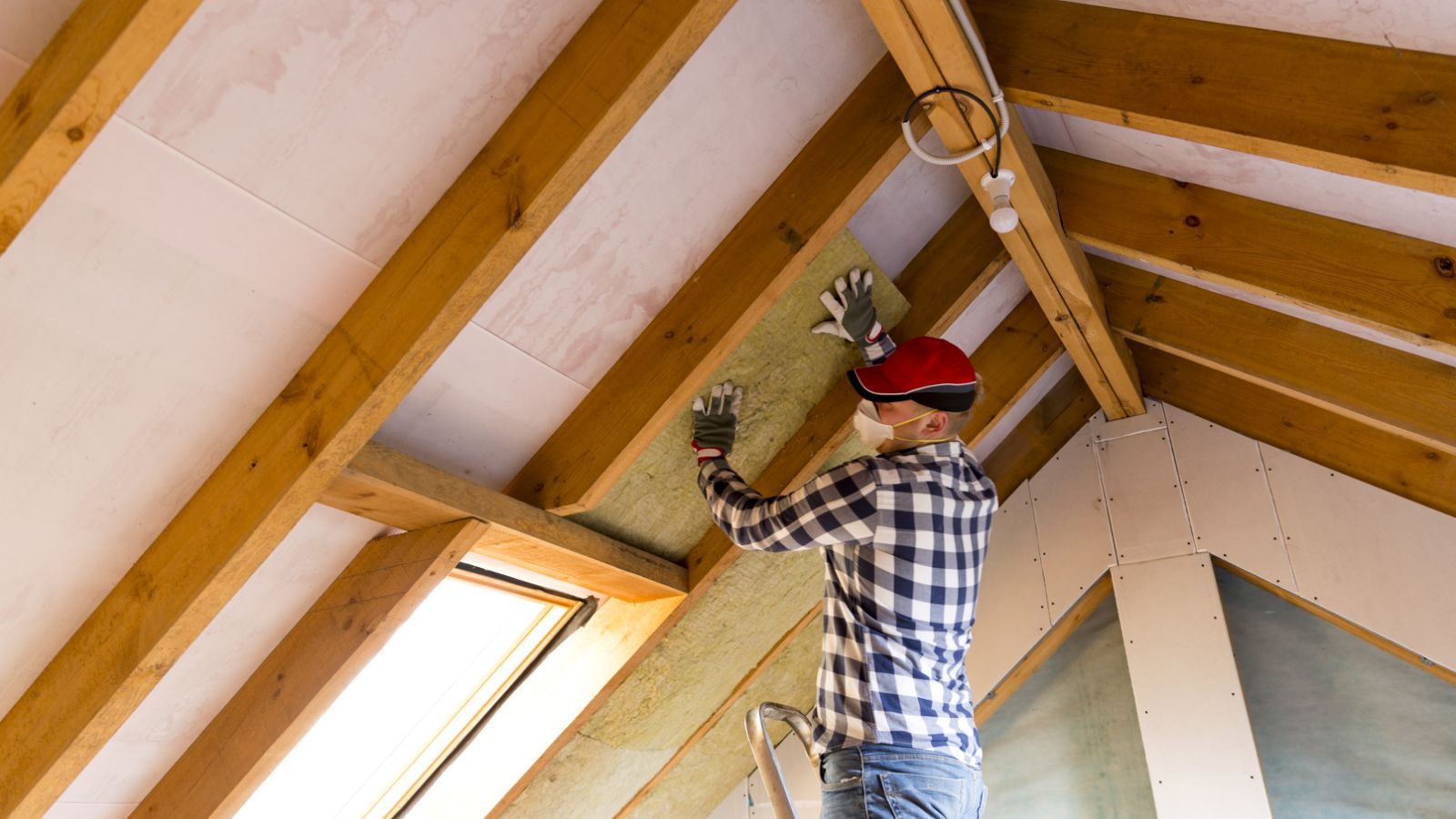
This is one tip you can only apply during construction or reconstruction. By building well-insulated walls, flooring, and roofing, you generally avoid heat and cooling loss. A well-insulated home reduces your energy bills on HVAC systems by an average of 15%, and it provides consistent comfort to you all year round.
Unplug Electronics When Not in Use
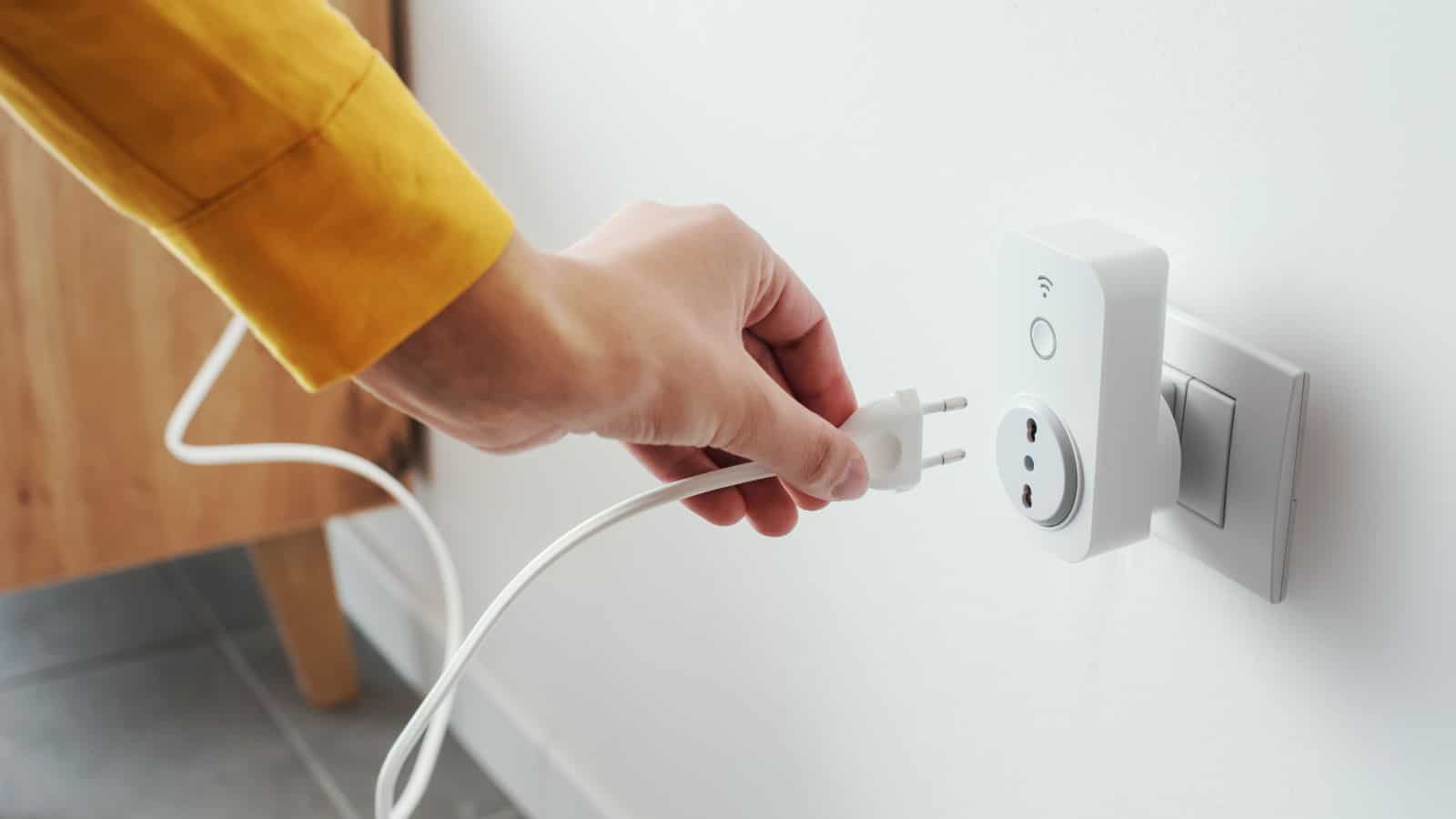
Of course, you should also unplug all electronics from the wall sockets when you’re not using them. Many appliances, including washers, gaming consoles, and coffee machines, consume a considerable amount of energy when in standby mode. Simply unplugging them helps you save hundreds of dollars yearly.
Use Smart Power Strips
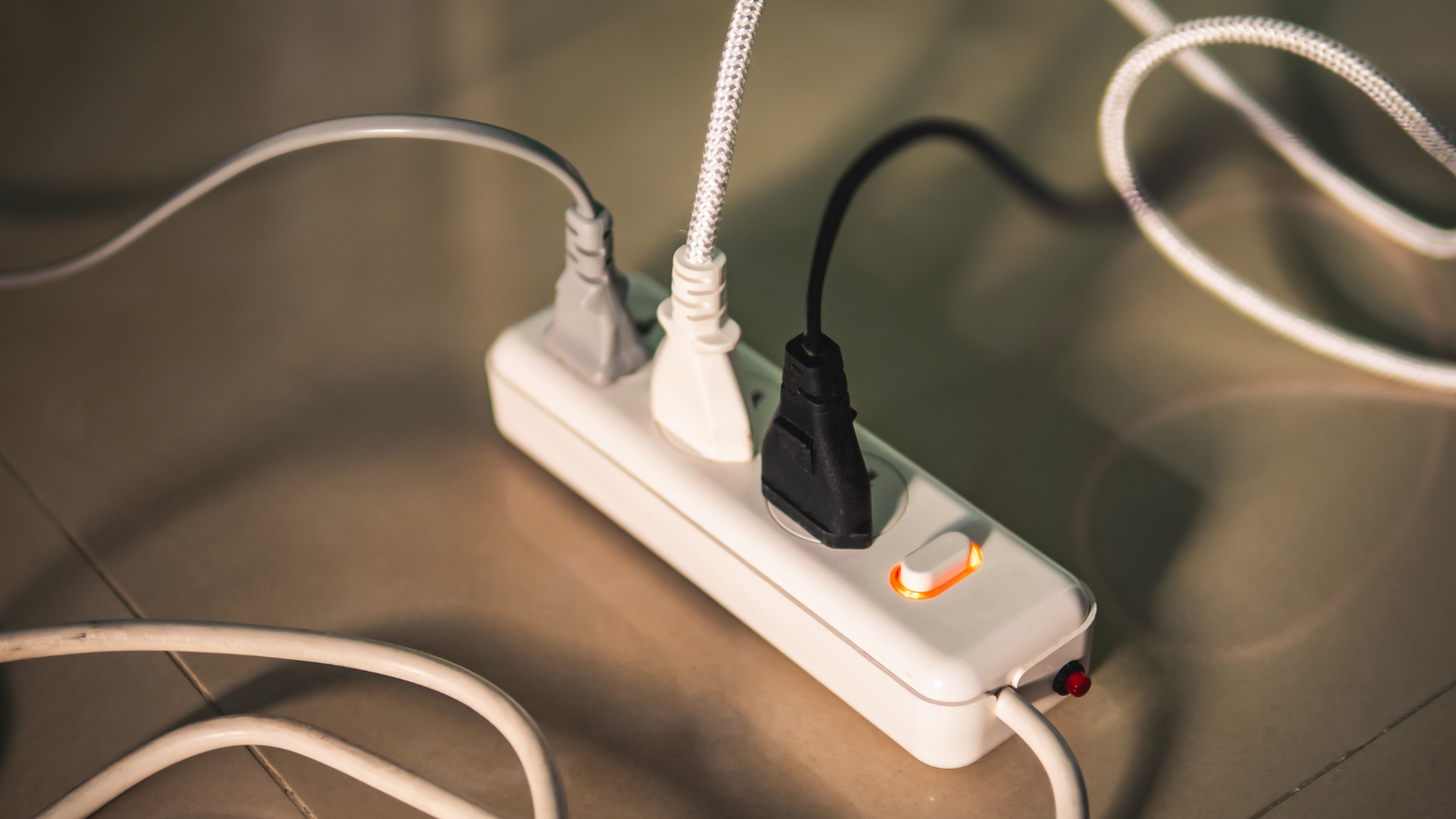
If manually turning off all the appliances in your home is a lot of work, you might as well install an automatic power strip. This smart device saves you money by shutting off the power supply to appliances immediately after they enter standby mode. However, you should consider how important standby mode is to some devices while setting it up.
Switch to LED Bulbs
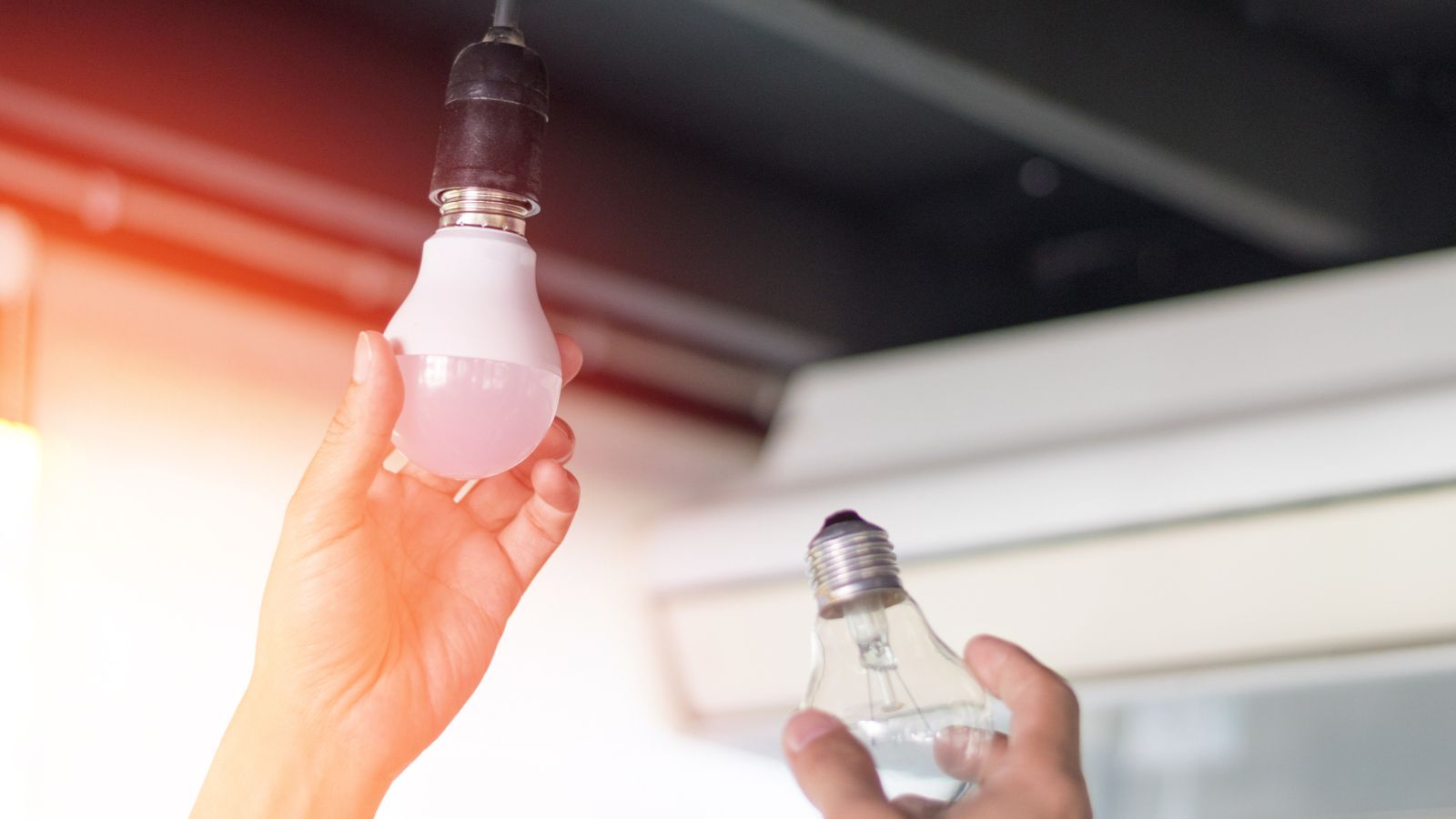
The Department of Energy reveals that LED bulbs use up to 90% less energy than their incandescent counterparts. But they don’t even stop here. Alongside a reduction in energy costs, they save you money on visits to the grocery store, as they last up to 25 times longer, too!
Use a Clothesline or Drying Rack
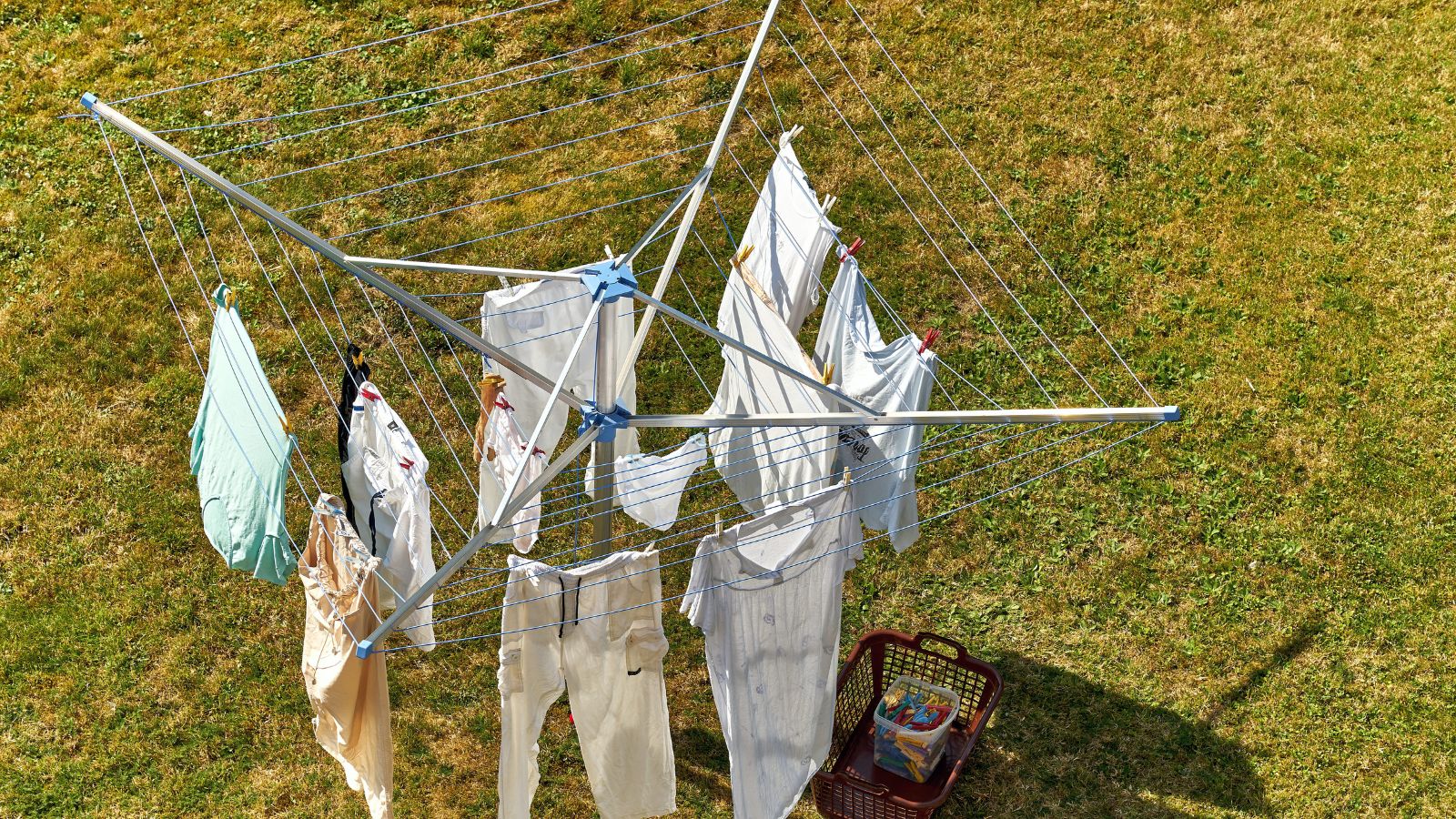
If you really want to save yourself some money, then you can entirely abandon your electric dryers. This is because the only advantage you enjoy with them is saving yourself some time by making your clothes dry faster. Although you’ll need some patience, clotheslines, and racks will save you on energy bills and even make your clothes last longer.
Optimize Refrigerator Settings
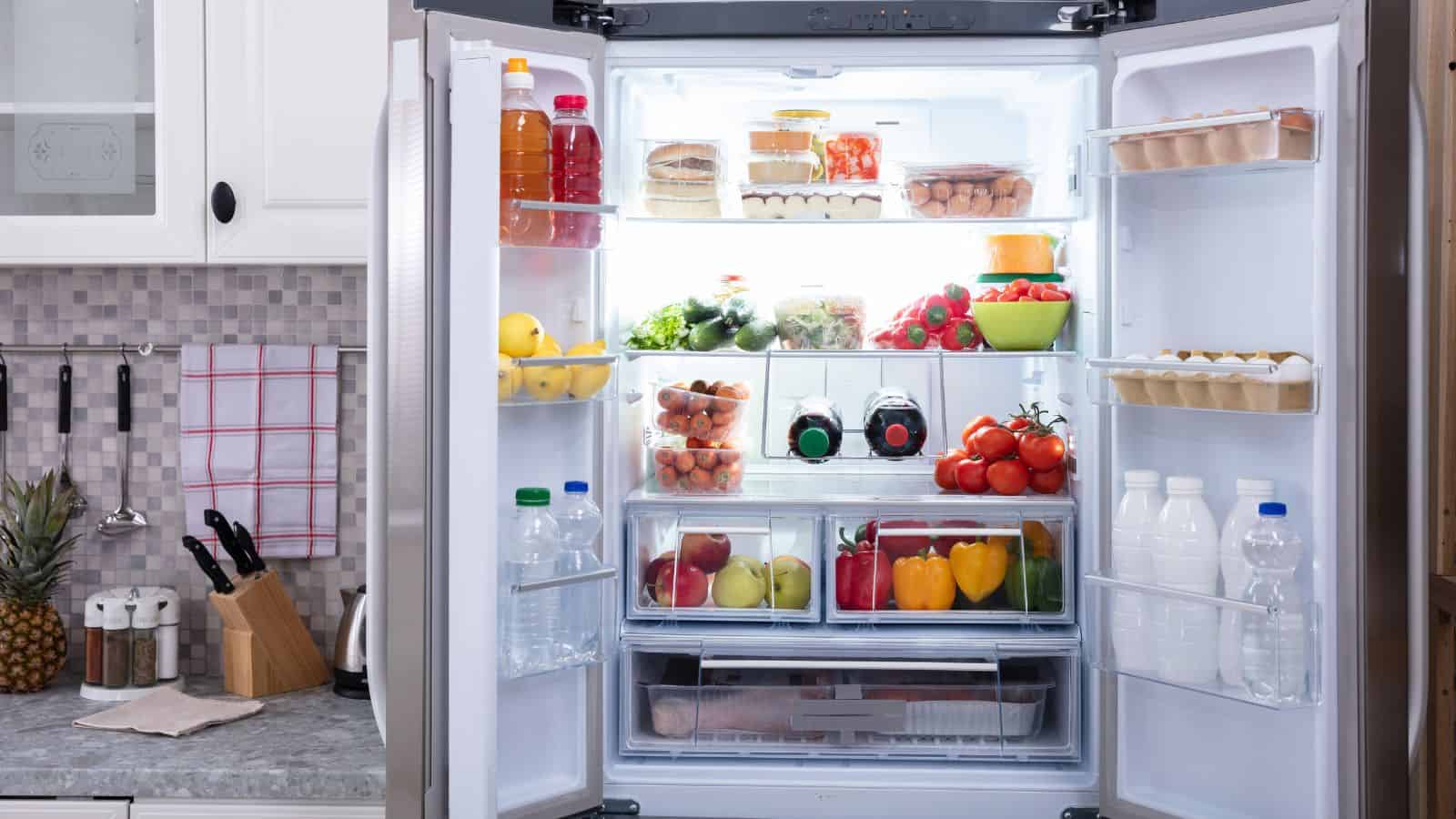
The most optimal refrigerator settings are between 34°F and 40°F, while for your freezer, it’s between 0°F and 5°F. By going as little as 10°F off these marks, you potentially increase your refrigerator’s energy usage by as much as 25%.
Install Ceiling Fans

Ceiling fans help your indoor air circulate better, and this improves your heating and cooling. You can even use them to replace cooling systems altogether or alongside HVAC systems to make indoor air management more efficient. Energy Star-rated ceiling fans will also improve your efficiency by over 60%.
Install Solar Panels
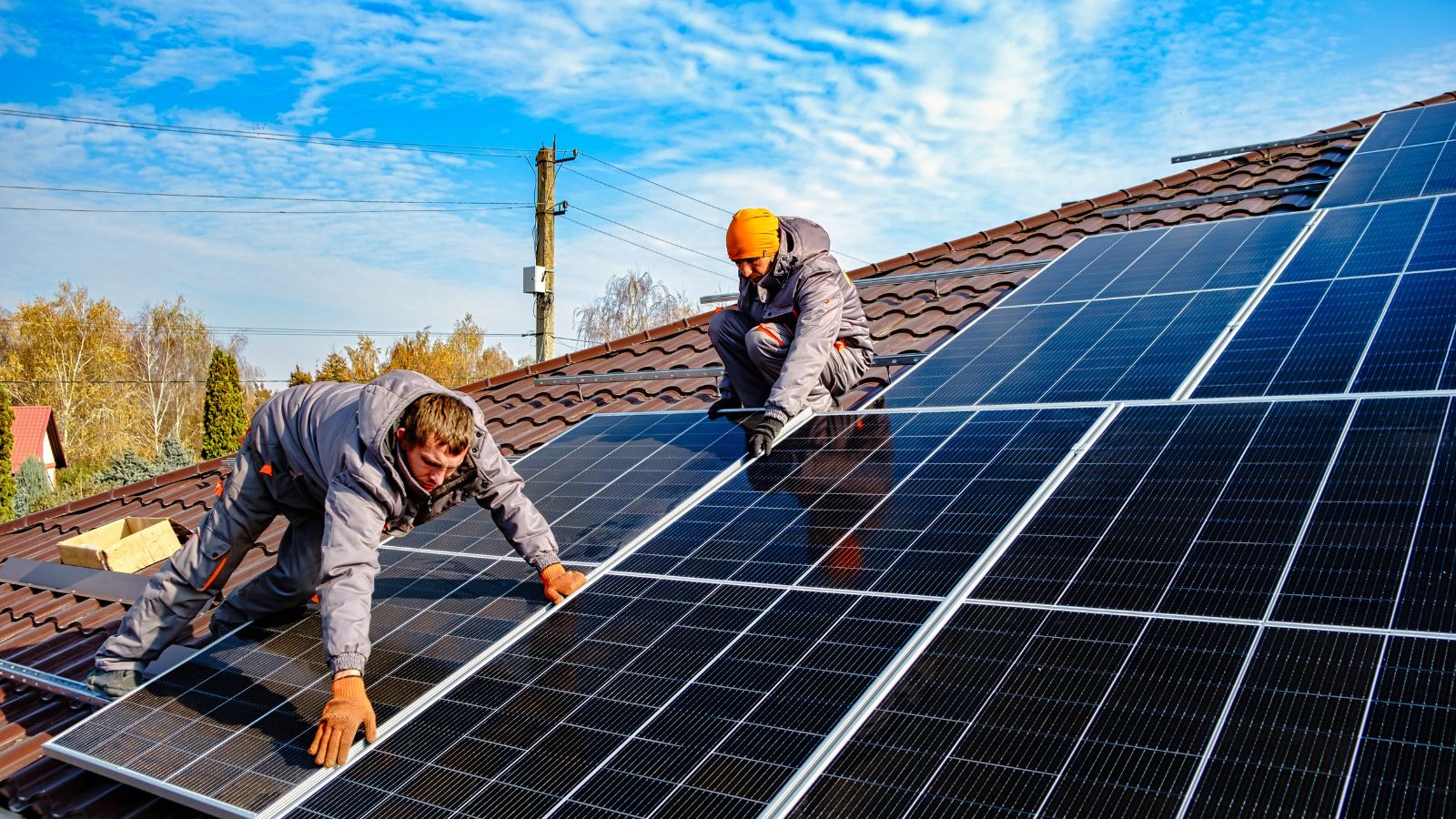
By taking out about $8,000 to get a solar system, you potentially save $1,500 in energy costs per year and up to $33,000 throughout the lifespan of your system, according to Forbes. What’s more, there are tax credits for using solar systems, and you could even make some money off of them through state-wide incentive programs.
Adjust Your Water Heater Temperature
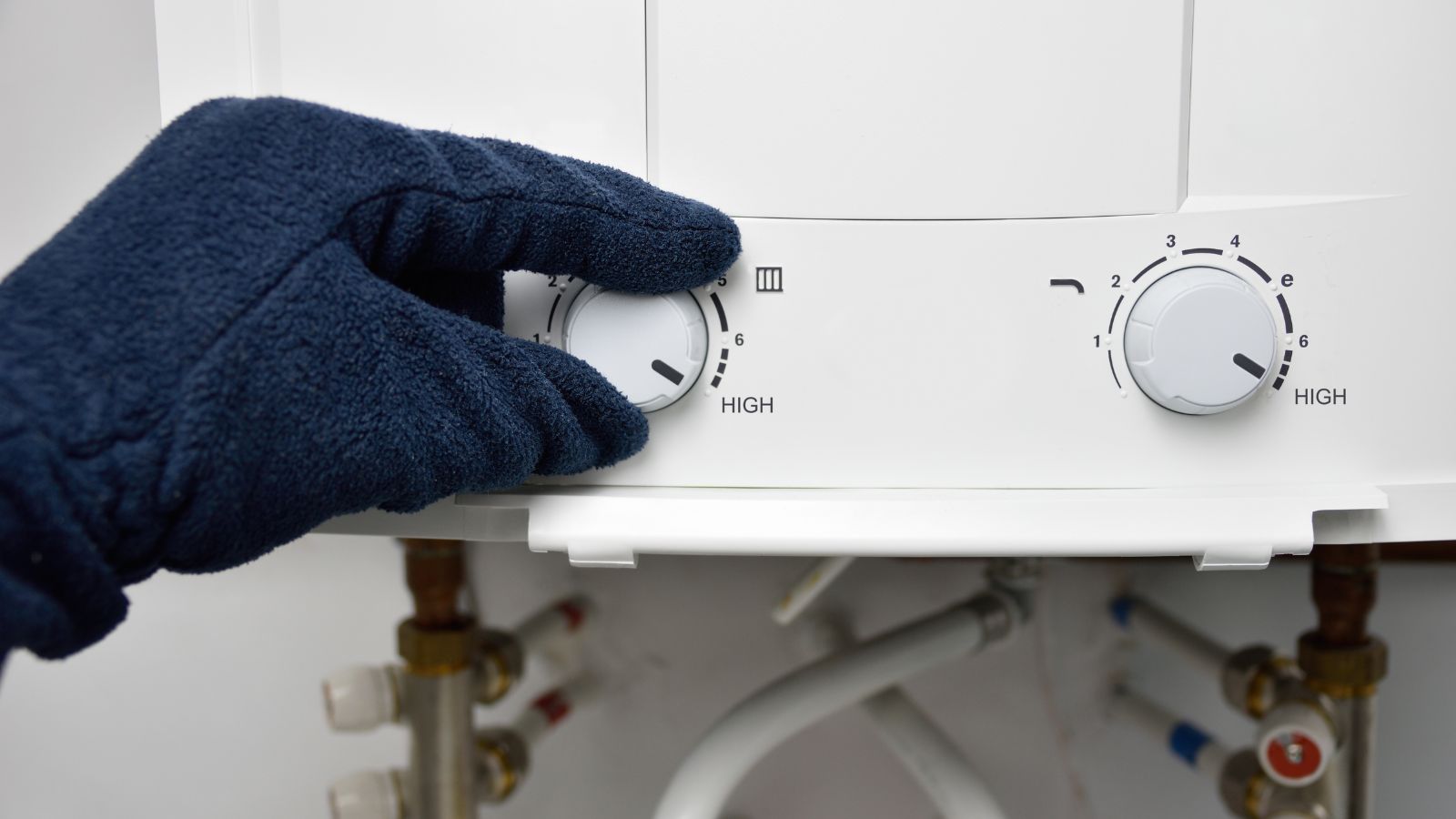
The most efficient temperature to leave your water heater is 120°F, and for every 10°F you lower this, you save about 3% to 5% on your heating energy costs. You also enjoy extra advantages like reducing the risks of scalding yourself with hot water and increasing the lifespan of your heating system.
Use Window Treatments
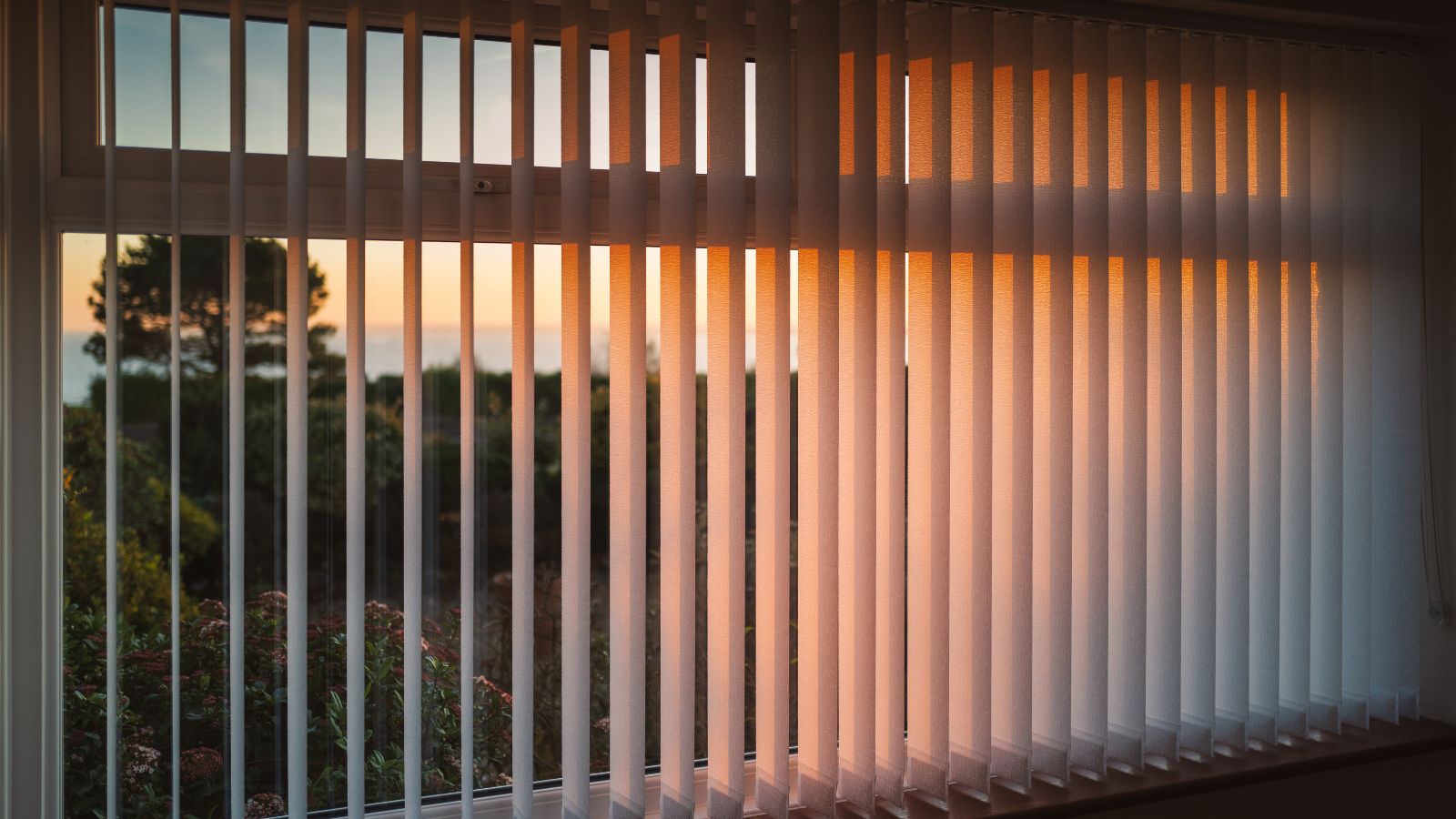
Window treatments like blinds, curtains, and shades can help you keep the warm sun rays out and regulate your cool indoor temperatures better. They also prevent heat loss during the heating season (particularly in winter) by up to 40%, improving your energy efficiency by an average of 10%.
Practice Energy-Efficient Cooking

By ‘energy-efficient’ cooking, we mean you should only use your microwaves and ovens for small meals (shorter cook times). You should also cover your pots well to prevent heat loss and make your food cook faster. Additionally, you should match your pots to the burner size to avoid heat waste.
Use Cold Water for Laundry
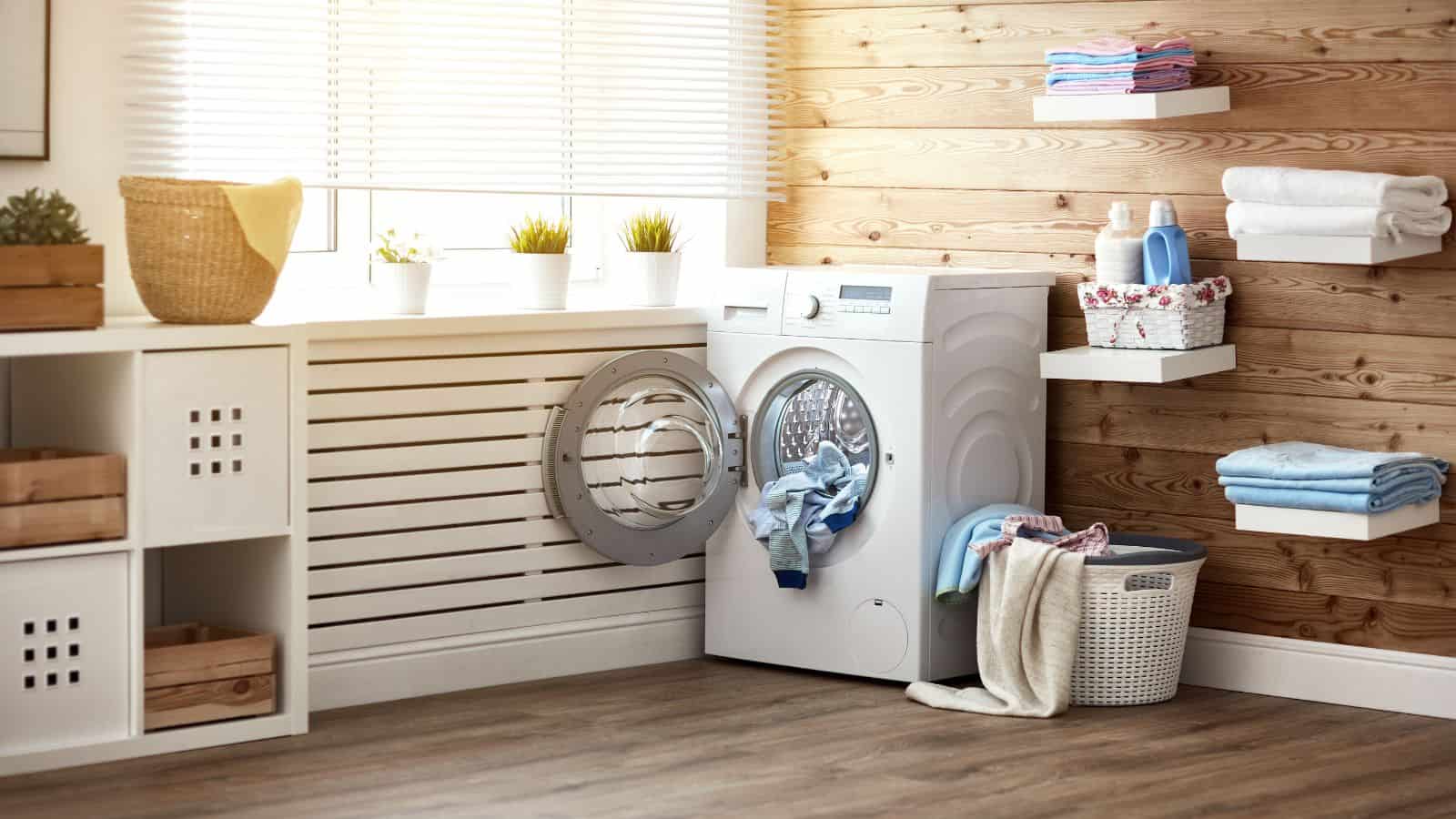
The American Cleaning Institute tells us that about 90% of the energy used by washing machines goes towards heating water, and only 10% powers the actual motor that gets your clothes clean. Washing with cold water is, therefore, a no-brainer, and it even comes with the added advantage of making your fabrics last longer.
Utilize Natural Light
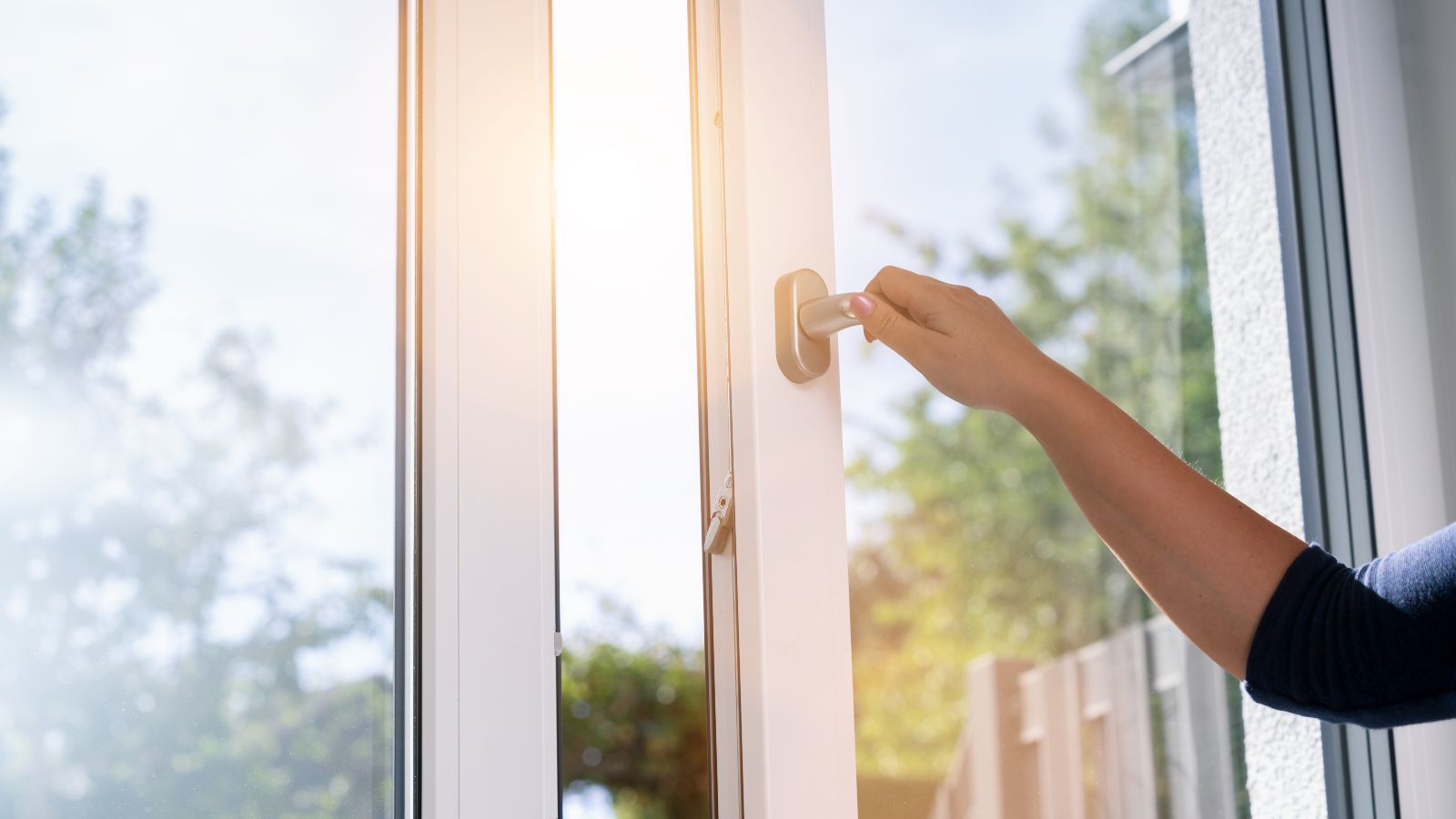
Rather than leaving your lights on during the day, you can use natural lighting to brighten up your rooms, especially during periods when you don’t need your HVAC systems working. Sometimes, this even improves ventilation and reduces the need for cooling systems, saving you up to 75% of your energy costs.
Up Next: 20 Personal Things You Should Never Share With Others

Building meaningful connections with others requires a certain level of transparency and trust, but that doesn’t mean you have to tell your friends and family members everything! Some aspects of our lives are too personal, incriminating, or risky to share. This article explores 20 aspects of your personal life that you should always keep confidential.
20 Personal Things You Should Never Share With Others
18 Things Everyone Forgets to Include in Their Will—But Shouldn’t

Wills and estate plans are essential ways to ensure what will happen to your belongings and property when you die or are incapacitated. However, people often forget to include important information in their wills before it’s too late, complicating matters for their descendants. Here are the 18 common things people forget to include in their will.
18 Things Everyone Forgets to Include in Their Will—But Shouldn’t
18 Items at Walmart that Aren’t Worth Your Hard-Earned Money

For many of us, Walmart is the go-to superstore. Whether we need groceries, clothing, or technology, Walmart is a one-stop shop for everything you would need. However, there are some Walmart products you should avoid at all costs, such as the following 18 examples.
18 ITEMS AT WALMART THAT AREN’T WORTH YOUR HARD-EARNED MONEY

